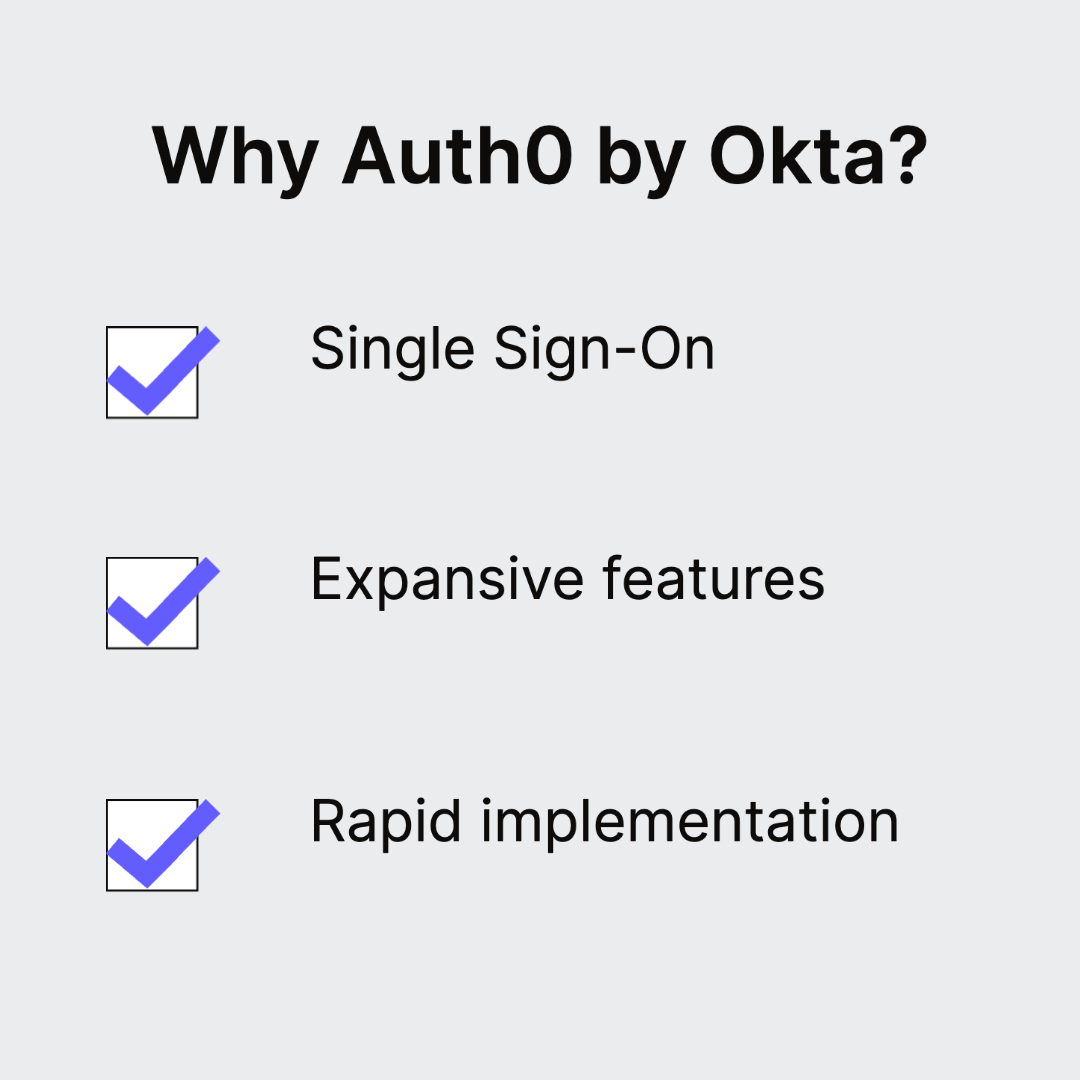Recidiviz works with corrections directors, probation and parole officers, policymakers, and justice-impacted people to design tools that improve criminal justice outcomes and help people safely transition back to their communities.
Their approach includes compiling data from fragmented agency databases into one place and building tools based on specific needs. This open-source data platform creates accountability and supports a national initiative to standardize criminal justice data nationwide. Recidiviz shared, “In just four years, we’ve helped over 70,000 people return home safely. As a result, we’ve saved states $1.1 billion dollars. Our data platform has scaled to 25% of the country. And we’re just getting started.”
“We expect our leaders to make evidence-based decisions, but the people running our criminal justice system don’t have the real-time data needed to reduce incarceration, improve outcomes, and make our communities safer.”
– Joshua Essex
Co-Founder and CTO
Recidiviz
Creating a Data-Driven, Fair, and Supportive Criminal Justice System
We sat down with Joshua Essex, co-founder and CTO, to learn more about Recidiviz and their startup story. Joshua and co-founders, Clementine Jacoby, CEO, and Andrew Warren, Head of Product, were motivated to start Recidiviz because they shared a personal connection to this work. You can learn more about Joshua’s story here. They initially started Recidiviz as a volunteer project at Google – using 20% of their time at the tech giant. They also used their PTO to travel around the country to meet with journalists, academics, activists, law enforcement, government officials, and whoever else would talk to them to figure out if there was something they could do that was high-leverage and responsible with their tech skill set. Soon after, they received their first grant to pursue the work, and they made the leap to focus on Recidiviz full-time.
Joshua shared more about their unique position as a startup incorporated as a 501(c)(3). Recidiviz went through Y Combinator (Summer 2019) and adopted a fundraising strategy that blends the approaches of philanthropic and VC-backed organizations. They apply their fundraising strategy in a philanthropic model rather than the usual direct-to-VC-backed ROI, but they work to ensure long-term financial sustainability. When explaining this model to us, he stated, “If you want to help people thrive in their community and not be stuck in the criminal justice system, you can’t do that overnight. It’s a marathon.”
Because Recidiviz’s software is open-source, state governments have the ability to clone their Github repositories and deploy them, and integrate their systems with the platform. However, working with Recidiviz directly is easier, more cost-effective, and provides the human element of working with their deeply knowledgeable team.
Launching Quickly and Effectively with Auth0
When the Recidiviz team was racing to get their minimum viable product (MVP) out before their Y Combinator demo day, Joshua acted as both front-end engineer and security engineer despite a background in distributed systems, while the rest of the team focused on the backend. He needed a drop-in authentication and authorization solution with expansive features that would scale with his team as they grew. When asking his Y Combinator peers, they recommended Auth0 for their team needs. As a result, Auth0 became one of the first vendors Recidiviz worked with in their early days.
“We were able to get a working username and password setup going within a couple of hours – at a time when even a couple of hours could be critical to our survival – and it has successfully flexed with us through countless iterations and launches since.”
The million-dollar question for us was digging into how Recidiviz has been able to become a trusted partner for twelve state governments. It was crucial that their cloud-based, open-source repository was completely secure and that the team either met or surpassed every regulatory requirement they were presented with. Joshua shared that once they were able to prove they could work effectively without data breaches or compliance risk, this empowered prospect states to look into these case studies and consider entering a partnership with Recidiviz.
A direct example of their work is how they use Single Sign-On (SSO) to work with State Departments of Corrections (DOCs). They shared that DOCs have information security policies that require or recommend third-party tools to integrate and authenticate with their internal SSO systems. Also, the sheer breadth of systems in use in DOCs means that giving their staff another username and password to remember might not be the best user experience. They have been able to set up SSO with Auth0 and establish SSO links with many DOCs, and more are on the way, using different providers from the same app. “As new states sign up to work with us, we can ensure our tools integrate with their SSO providers on day one, a significant boost to the usability and security of our tools.”
“If you’re thinking of working at the intersection of the private-public sector, and you’re turned off by the perceived bureaucracy and compliance requirements, the best answer is to just do it anyway. And once you work out how to do it effectively once or twice, you’ll be able to keep doing it.”
– Joshua Essex
Co-Founder and CTO
Recidiviz

Join Recidiviz and the Other 1700+ Startups That Benefit from Auth0
The Auth0 for Startups program brings the simplicity, extensibility, and scalability of Auth0 to qualifying startups – all free for one year. We are passionate about helping startups get their applications up and running while we take care of identity needs. So much so that we recently expanded our eligibility by increasing the funding limit to $5M, doubling our previous cap. If you have any questions, you can find us at startups@auth0.com or apply here.
A special thank you to Joshua and the entire Recidiviz team. You can learn about their impactful work here. Also, their CEO, Clementine Jacoby, led a powerful TED Talk unpacking how hundreds of thousands of people are stuck behind bars because the system is run on old disconnected databases, failing to properly track when someone should legally be free.
This profile is the fifth installment in our series highlighting members of the Auth0 for Startups program. The Auth0 for Startups program began in 2020 and has since worked with 1700+ startups.
About the author

Calah Vargas
Associate Manager, PLG
